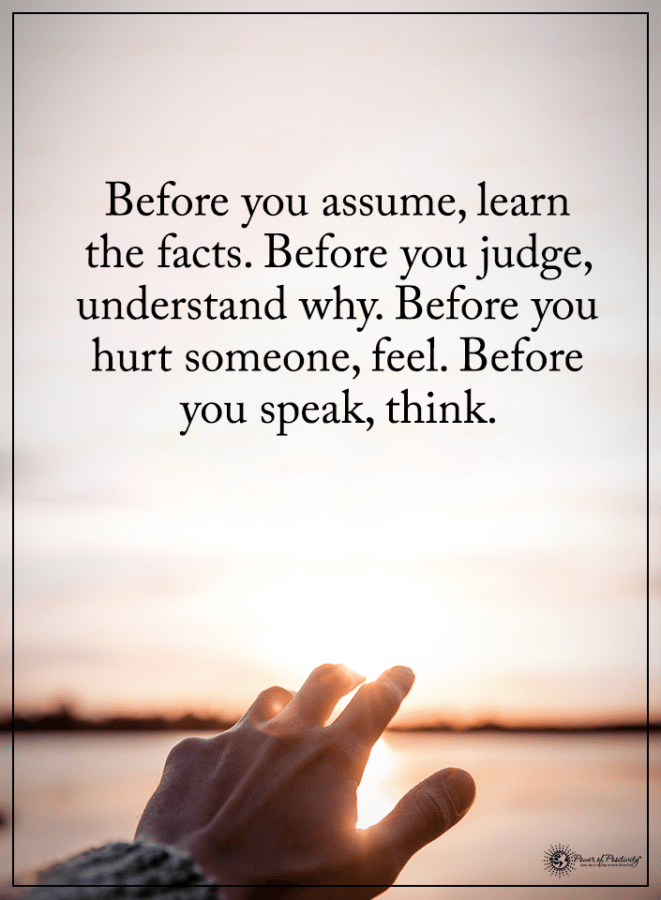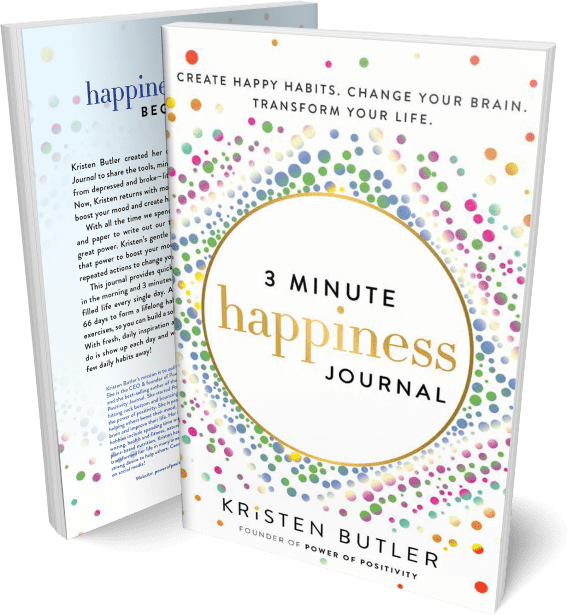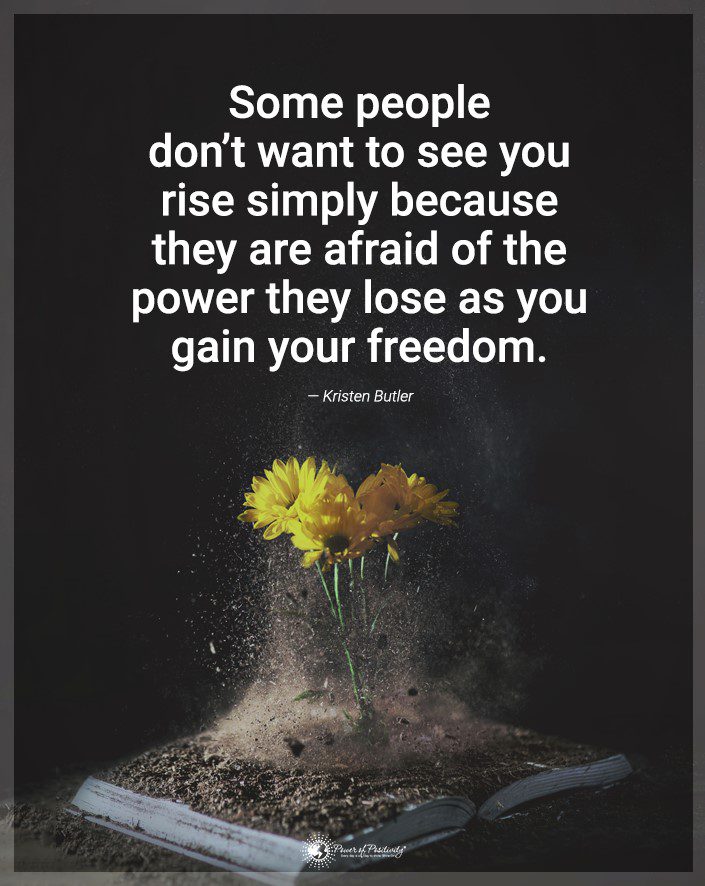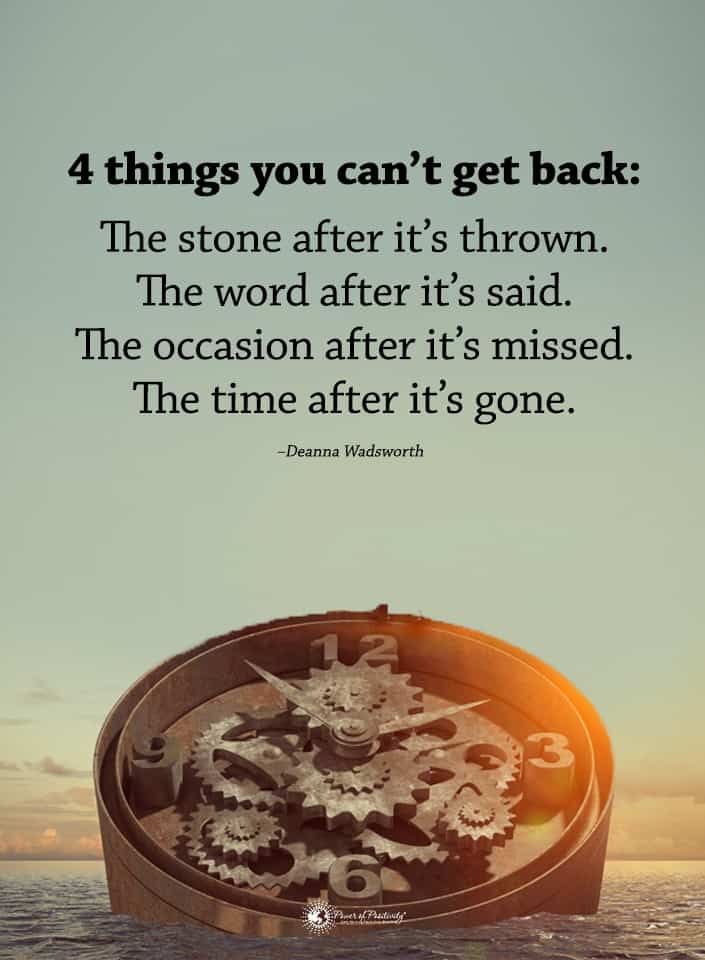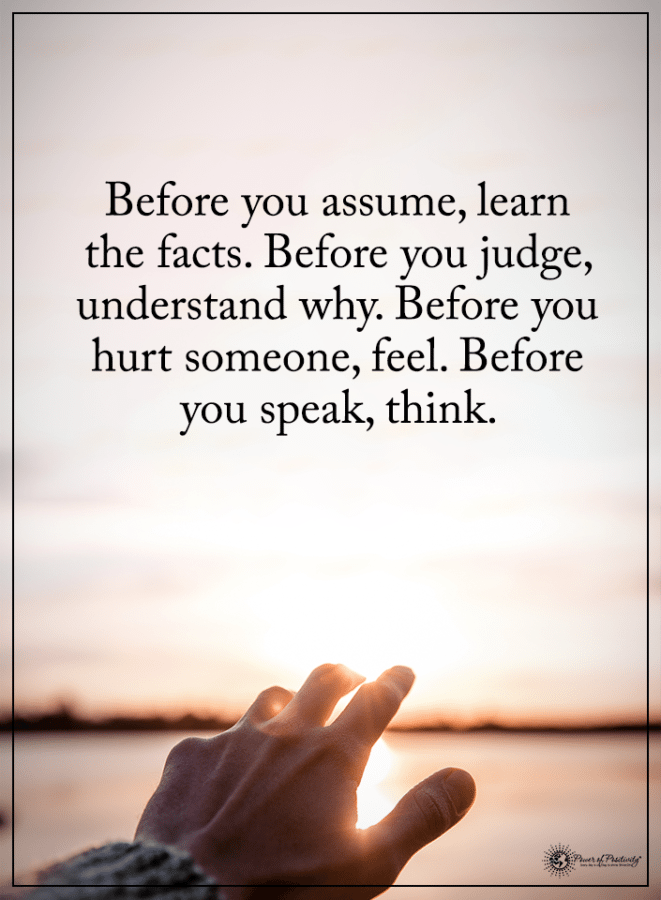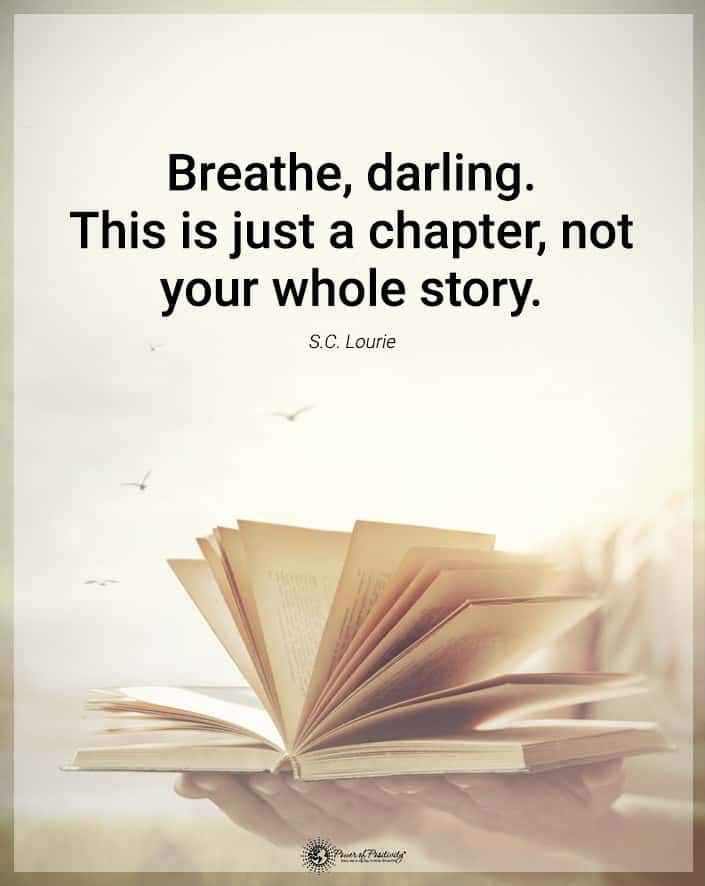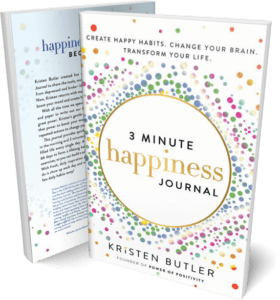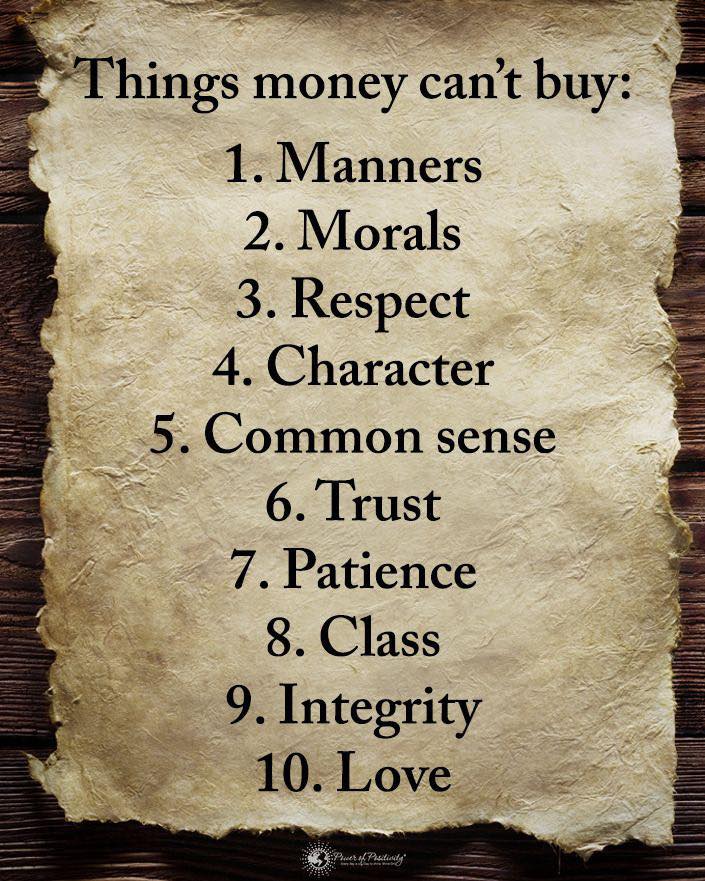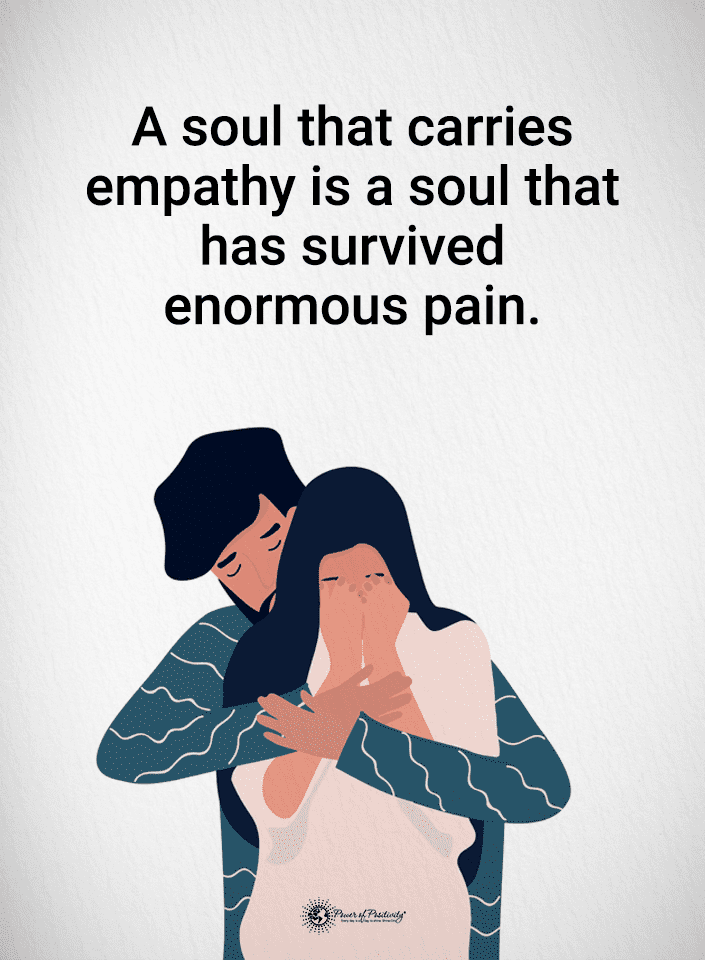Whether you’ve been dating someone for a few weeks or have been in a committed relationship for years, it takes lots of work. No matter how much you love each other, there will be times that you feel like walking away. It doesn’t mean your relationship is doomed just because you’ve hit a rough patch.
Perhaps you’ve heard the old saying that the good thing about arguing with your mate is making up later. Let’s face it, disagreements and sometimes hot arguments are inevitable when two individual mindsets are together. However, it’s how you both handle the clash of opinions that makes the difference between a healthy relationship and a toxic one.
There may come a time when things become stagnant between you and your significant other. It may be a rough patch where you can’t identify what caused it. These periodic slumps may seem to last forever, and you may be sure you and your lover are through. What can you do to get your relationship out of the ditch and back on course?
Ways To Get Through A Rough Patch
If you and your mate believe in yourselves and know in your hearts you’re meant to be, don’t give up. Every couple has their battles to conquer, and this is just one of the trials of your relationship. Here are some helpful hints to consider when you and your lover are going through a difficult time.
 1. Identify the Culprit
1. Identify the Culprit
We all have emotional triggers that can bring out the worst in us. After you and your significant other have been together for a while, you’ll understand. Both of you will know what “buttons” not to push to make the other person angry.
When you’re in love with each other, you develop a lover’s intuition that instinctively tells you when your relationship is in trouble. Have you been a little short with each other lately? Maybe it seems that your person gets flustered with your very presence.
It’s difficult not to take a rift in your relationship personally. If you’ve noticed that you’re not getting along, try to look past the emotional part to see the real culprit. According to a study published by the Clinical Psychology Review, stress can have a negative impact on the satisfaction and longevity of your relationship.
Consider the stress that you and your partner are experiencing. Chronic stress can make you feel cross and can magnify the smallest issues. What are some other outside forces that are bombarding your emotional triggers? These are things that you and your lover need to resolve.
2. Communication is Key
The root word of relationship is “relate.” How can two people have a relationship unless they relate by communication? An article published by Couple Family Psychology Journal agrees, stating lack of communication as one of the top reasons that couples divorce. Even if you’re not married, a lack of communication is bound to cause rifts.
It’s a two-way street that means that you listen to each other as well as talk. Do you both practice active listening by using open body language, not interrupting, mirroring the other’s emotions, and restating? Couples may have issues just because they aren’t listening to each other.
3. Be Honest with Your Partner
Are you and your significant other honest with each other when you communicate? Being genuine in the conversation doesn’t mean being rude or cruel. However, there are times in a rough patch that you must be forth-telling, even if the subject is uncomfortable.
Perhaps one of you is holding back on your feelings, afraid of how the other will react. For example, what if you settled on working an outside job when you’d always dreamed of working from home? Pent-up feelings can fester into resentment and can sabotage your love relationship.
If you’ve noticed some friction, maybe it’s time you both had a heart-to-heart talk and brought everything out into the open. You may have thought your mate was angry with you, only to discover they were unhappy with a past decision. Remember that a couple should feel safe enough to voice their opinions without judgment or repercussions.
4. Always Fight Fair
Of course, this has nothing to do with a physical fight. As a couple, you will lock horns countless times over differing opinions. It’s also not unusual for the disagreement to turn into a shouting match and a little time apart. Such lovers’ quarrels are normal, but they are expected, as long as each is true to their feelings.
However, couples have lines that should never be crossed, regardless of the argument. A relationship can turn toxic quickly if you fight more than you laugh. It’s especially concerning when you’re both screaming or slamming doors.
While nobody is above a stray expletive in the heat of the moment, verbal abuse is never okay. A person who loves you shouldn’t be calling you names, yelling in your face, or emotionally intimidating you. Such behavior is toxic and can’t be tolerated, especially if it escalates to physical violence.
When you and your person are hashing it out, try the old method of counting to ten. If you feel like you can’t express your feelings without screaming or bringing up past transgressions, take a time out. Remember that you can’t “unsay” words, so think before you speak or say nothing at all.
 5. Think About the Good Things
5. Think About the Good Things
It’s not easy to be positive when you and your lover are having a rough patch. If you’ve been quarreling for a while and not speaking to each other, all kinds of negativity can overtake you. Keep in mind that negativity attracts the same and can make your situation worse.
While you are taking some time alone and reflecting on the kinks in your relationship, ask yourself a few questions.
•What attracted you to your partner in the first place?
•What are some of the beautiful strengths you love about them?
•Do you have some favorite memories as a couple?
Bringing positivity into the mix can help you have more clarity. In a healthy relationship, the good should always outweigh the bad. A study published by the Journal of Personality and Social Psychology found that optimists and their partners indicated great satisfaction in their relationship.
6. Spend Quality Time Together
If you’re experiencing a rough patch in your relationship, perhaps it’s because you’re not spending enough time together. Yes, it isn’t easy to juggle responsibilities for your family, career, and others. However, what good is a relationship if you aren’t together?
Most people would probably agree that quality means more than quantity. When was the last time you and your lover went out for a night on the town? Has it been forever since you both cuddled on the sofa and watched a movie?
Do you remember when you laid in each other’s arms at night for some quiet “pillow talk?” Do you and your significant other feel like strangers? If so, then it’s little wonder that your relationship is a bit rocky.
Perhaps you’ve become so disconnected that neither partner realizes that you’re drifting apart. You can only know these things if you communicate and spend quality time together. One of the best ways to reconnect is to plan date nights.
Make a loving pact that you both will have dinner, a movie, or even a “night in” once a week. Cultivating your relationship is just as important as anything else on your calendar, if not more so.
7. Leaning on Love
During the rough patches in your relationship, love can be a powerful tool for healing. When you and your person love each other, it makes going the extra mile worth it. While some transgressions and betrayals can go beyond love’s reach, it can still go a long way.
How often do you tell each other, “I love you?” Is it just a force of habit when you leave for work, or is it coming from your heart? Do you remember the first time you both confessed your love? It’s the one thing that can take you through the tough times.
8. Call for Help
Some relationship troubles go deeper than a little rough patch, especially if infidelity and trust issues are present. If you both love each other and are determined to heal the broken relationship, there’s still hope. What if it’s too difficult for you both to handle?
Don’t be afraid or ashamed to ask for help. Consider talking with your spiritual advisor or another trusted friend. Be especially careful about airing your dirty laundry to relatives from either side. While they may be trustworthy and sympathetic, it can be a slippery slope.
You may also consider couples counseling. Your mental healthcare provider can help you find the right counselor for you and your mate. Everything is confidential, and the counselor can offer you tools that may improve your relationship.
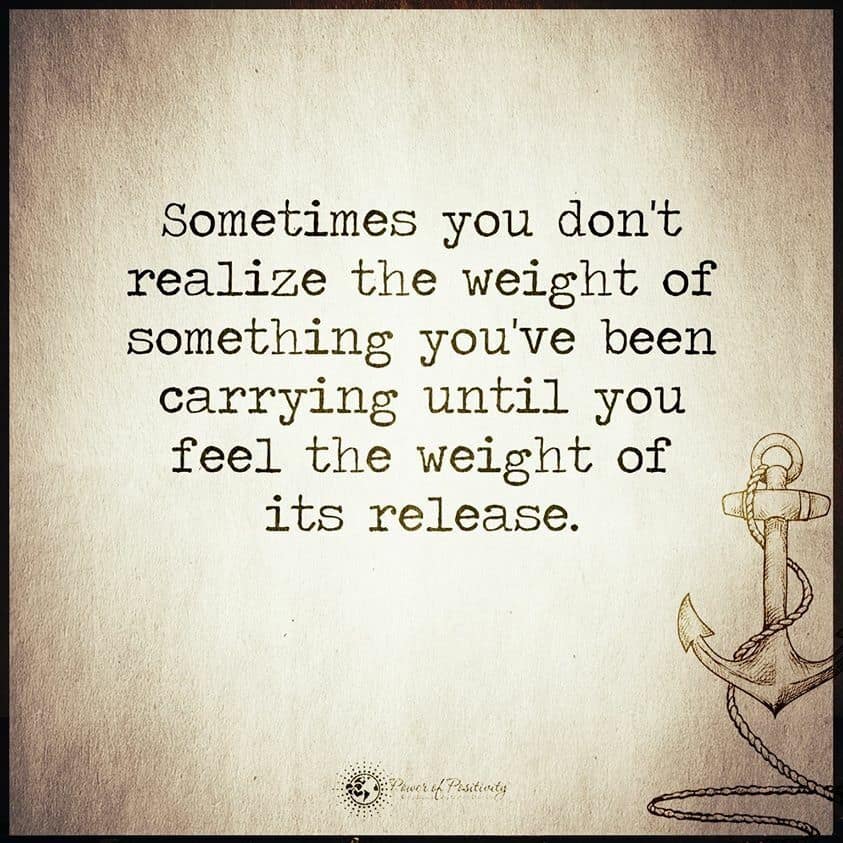 Final Thoughts on a Rough Patch in Your Relationship
Final Thoughts on a Rough Patch in Your Relationship
You needn’t throw in the towel just because you and your lover are having some difficulties. The solution lies within your love and determination to remain a couple. Once you’re over the rough patch, you’ll have the experience for ones that pop up in the future.


